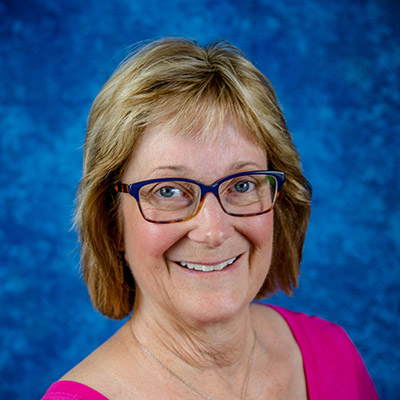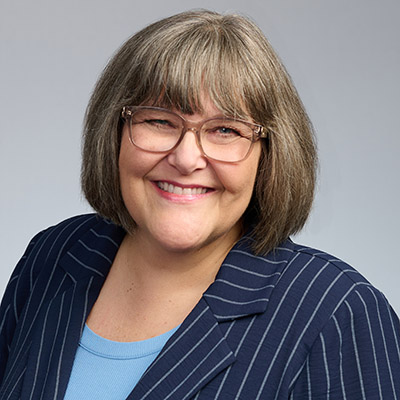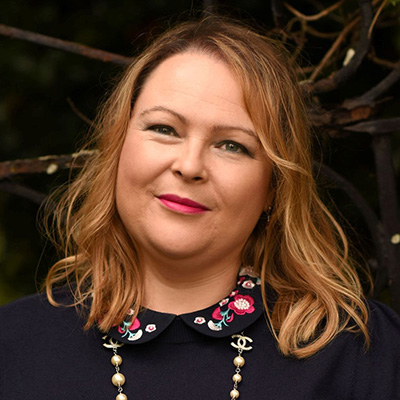Genealogical scholars make conflicting claims about the number of wives, and the number and mothers of the children, of Joseph Brownell, a Mayflower descendant of Dartmouth, Massachusetts, born at Little Compton, Rhode Island, 16 February 1699, to Thomas Brownell and Esther Taber. These conflicting claims raise significant questions about the makeup of Joseph Brownell’s family. Did he have one, two or five wives? Did he have one, three or eight children? To which wife, or wives, were they born? The presenter will lead participants through reasonably exhaustive research and standards-based evaluation of indirect and negative evidence found in Quaker meeting records, and vital, land and probate records to demonstrate how proof can be constructed to answer these questions. Correlation of this evidence with the timespan of each marriage will then enable his children to be assigned to their correct mothers.

Already a member? Log in









You should receive a confirmation email with a link to the webinar soon.
You’ll also receive a reminder both the day before and one hour before the webinar begins.
Didn’t receive a confirmation email?
You successfully registered for %s.
You should receive a confirmation email with a link to the webinar soon.
You’ll also receive a reminder both the day before and one hour before the webinar begins.
Didn’t receive a confirmation email?
To ensure a smooth, high-quality webinar experience, check the quality of your internet connection.
On the day of the webinar, connect 30–40 minutes before and turn off any background software. If you can’t tune in live, you can view the recording later in the Webinar Library. If joining via a mobile device, be sure to first install the free GoTo app.
Questions? Contact us or read our FAQ.
It looks like you’re already registered for this webinar
You can register for another webinar.
Didn’t receive a confirmation email?
It looks like you’re already registered for these webinars
You can register for another webinar.
Didn’t receive a confirmation email?
Something happened on our end, sorry about that
We were unable to complete your registration.
Please try again later.



 Syllabus
Syllabus

This was really interesting and informative. I love case studies and this one was superb.
This was so beautifully researched and clearly explained. I appreciated that even the bits of dissenting information (in the un-sourced genealogical works) were addressed. Not only are these clear examples of negative and indirect evidence, but they’re part of a very interesting and satisfactory research project!
One of the most organized, well documented, understandable case studies I have heard, during my 50 years of research. Well Done!
This was superb in every respect! To achieve that level of clarity for people unfamiliar with either the research in that time and place or the family concerned, both in presenting the evidence and analysis, is difficult but was first class here. I know I will rewatch this, thank you.
This was very informative as to using direct and indirect evidence. I love case studies and this has given me insight how to do the footwork. Thank you!
Love watching case studies such as this.
Curious if the Joseph Brownell of Canada being attributed as the son of Joseph Brownell of Dartmouth and Leah Lawton not being a certainty given lacked of sourced records for this supposed connection. Is it possible to evaluate this assertion using DNA assuming the Joseph Brownell in Canada had descendants? This would be an extremely difficult undertaking with atDNA – but if patriline descendants of this Joseph in Canada exist in the present day AND ones exist for Joseph Brownell of Darthmouth via his other sons; or even via his father Thomas and/or his brother Thomas; then it maybe possible to support or easily dismiss this connection with a targeted testing research plan.
Excellent presentation! The way Mark presented the evidence in a logical way, whether by family group, record set, or biographical timeline, was clear and digestible for anyone not familiar with the time period. I wish I’d chatted with him before I embarked on my Mayflower client project. Quaker records, he reminds us, are so important but often passed over in Colonial research. Great work!
Excellent case study and clearly explained. I’m currently working on distinguishing one to three (or more!) men with the same name who all seem to have married women named Elizabeth. This webinar makes me think that, with enough persistence and sufficient record keeping, I might be able to untangle my own mystery.